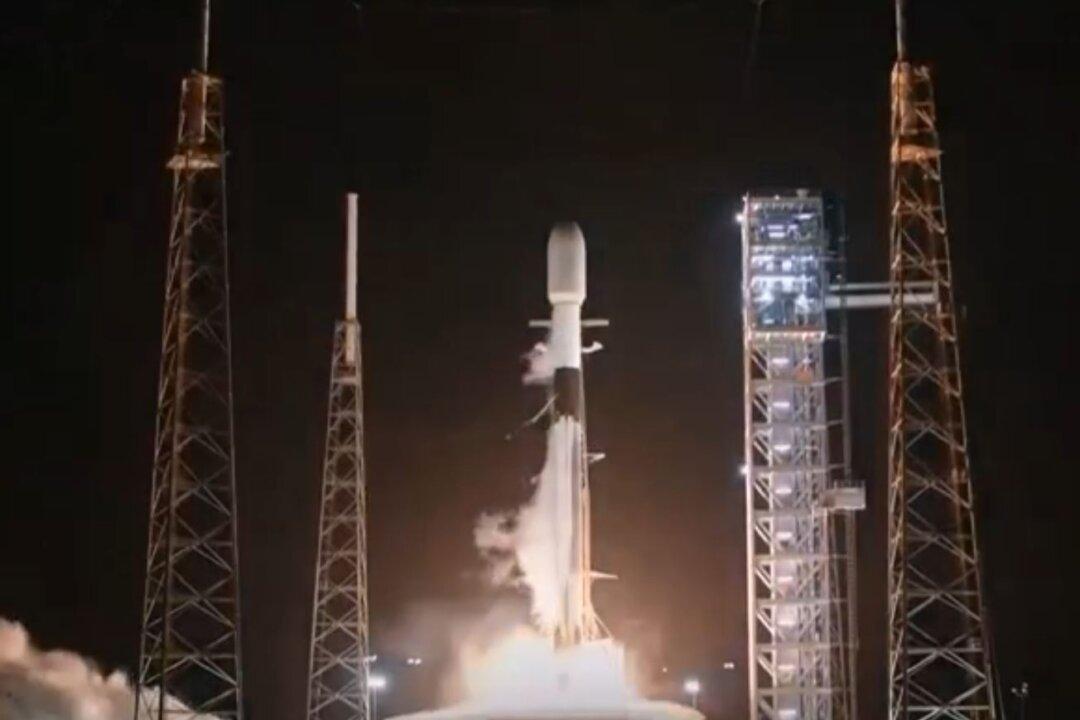As global powers intensify their race to dominate space through advanced satellite networks, Taiwan is taking significant steps to establish its own satellite system to safeguard itself against potential threats from the Chinese Communist Party (CCP).
This initiative emerges in a context where SpaceX, led by Elon Musk, enhances its partnership with the U.S. government to create “Starshield,” a spy satellite network, in response to the CCP’s efforts to develop a competing “national network.”





